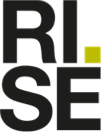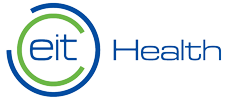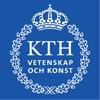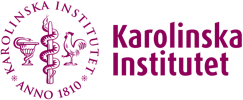The Clinical innovation fellowship landed in Egypt with an exciting collaboration between RISE, enpact, and EIT Health. On a personal level, this piece of news was very exciting to me. I knew about Stanford’s Biodesign process and I was interested in the fellowship’s implementation of the process through taking a transdisciplinary team from a need in healthcare to business creation.
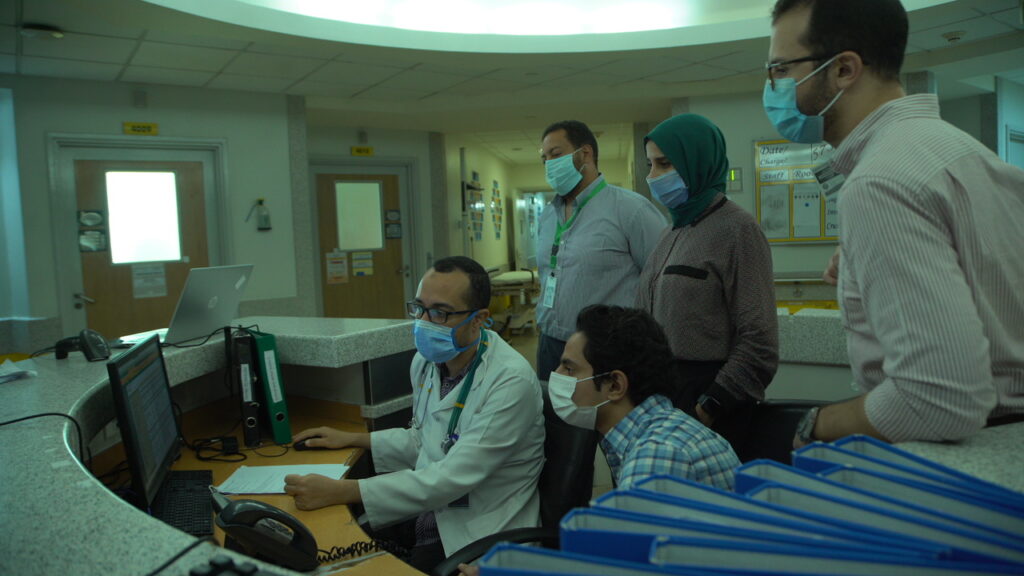
Our team is a composite of diverse competencies representing the tech industry, design and the medical field. I felt right in place to complement these competencies with my skillset in health research, innovation, and business.
After an intensive bootcamp to get the teams up and running about the Biodesign process, the teams were ready to begin their six weeks clinical immersion in the Children Cancer hospital in Egypt 57357 (CCHE).
Beforehand, our team sat down and discussed our strategic focus. It was fulfilling to see how we all collectively strive to provide value and to innovate for health equity and accessibility.
All the fellows were looking forward to the clinical immersion, we started sharpening our research toolkit and we tried to open our minds to that new realm. We knew that being immersed in an advanced cancer hospital to observe how this giant being function is going to be a novel experience for us.
Our team was hosted by the medical informatics department in the hospital. After receiving a very warm welcome from the hospital’s staff and listening to the hospital’s story by the Chairman himself, the medical informatics team took us in a comprehensive introduction to get a good grasp of the role and responsibilities of the department.
The medical Informatics system in any hospital generally provides electronic health recording (EHR) of its patients and clinical decision support for its healthcare staff. The department is responsible for the implementation, maintenance, and support of the health informatics system (HIS) in the hospital. The informatics system includes Cerner HIS system, Oracle platform, and in-house developed software.
Our team was impressed by the advancements inside the system and the extent of complexity of different hospital functions and how all the pieces of the puzzle fall into place to provide clinical care for cancer patients.
We knew from our first week, that if we want to innovate for the patient, we must empathize not only with the patient but also with all stakeholders around the cancer patient (including guardians, relatives, doctors, nurses, management, and the hospital’s staff). This took shape in several forms, talking deeply with them, walking their walk sometimes and observing like a fly on the wall the other times.
Personally, I spent the first part of the immersion trying to understand the HIS itself. I realized that it is the most sophisticated implementation of modern age technology in clinical care. Moreover, it is a land of opportunities for the future of clinical care.
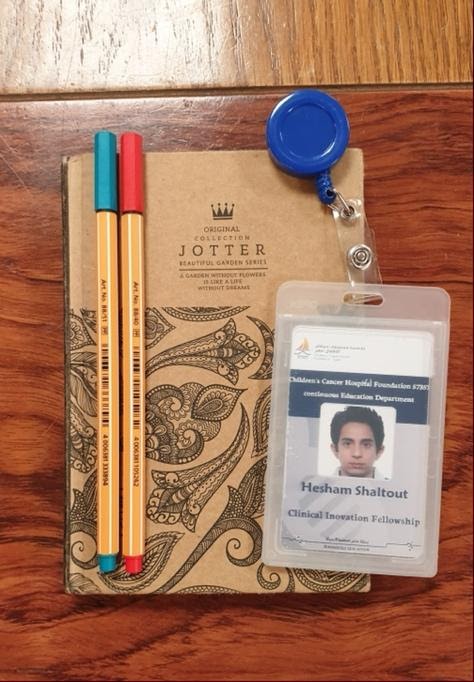
On the other hand, empathizing with the healthcare staff led us to understand their day-to-day work, the challenges they face, the emotional low points of the workday, and the most fulfilling parts of their job in their noble mission to treat cancer and relieve pain.
The second part of the immersion for me was all about the patient, the core of the system that everything revolves around. I spent time with in the team deliberately observing and interviewing patients receiving the clinical care and caretakers accompanying them, we tried to capture every single detail that affects their experience and emotions.
During our interviews, we met with the psychology team and they welcomed us into one of the group therapy sessions they did for their patients.
In the session, every patient took the chance to talk freely about their experience with cancer, the struggles, and the social and cultural challenges they face. We learned a lot through their words and their detailed description of how illness shaped their lives. For example, they described the havoc that the chemotherapy caused on their well-being and how difficult it was for them to get back to society after years spent in treatment at the hospital.
Moreover, they all mentioned feeling hopeless and lonely at some point and how this tightly knitted group of friends from the hospital kept them going.
For us, that was an eye-opener and caused a storm of strong emotions. It inspired us to try to make a positive difference for cancer patients in our approach to the rest of the innovation process.
We concluded our clinical immersion with a mind full of learnings and insights, we had the chance to capture the whole health system represented in the hospital and more importantly the human as the core of that system who deserves human-centered innovations to attain the best quality of life possible.
Hesham Shaltout
Team Bioinformatics, CIF 2020

